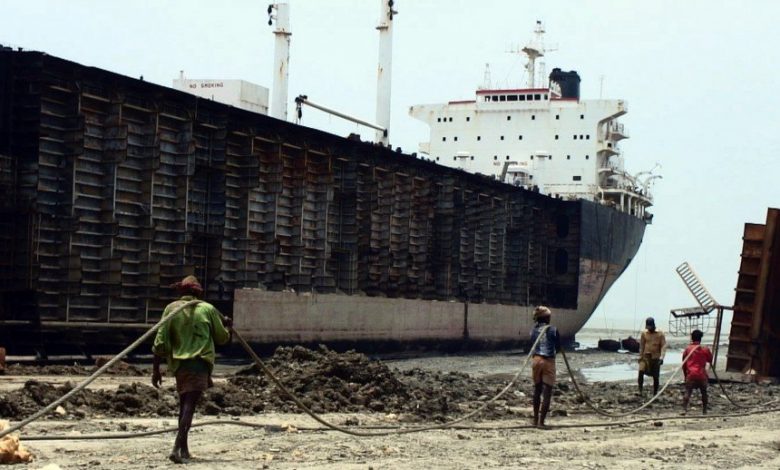
Shipbreaking companies in Bangladesh have been slammed for the dire local working conditions, which continues to see many workplace deaths where no compensation is handed out to grieving families.
“Without a voice in the workplace, daily abuses go unchallenged”, Nazim Uddin, the leader of the Bangladeshi shipbreaking union, explained in a report conducted by the global workers union IndustriALL. “Shipbreaking workers have miserable conditions. Workers are paid daily – no work, no pay. They receive no paid leave at all, no bonus, no gratuity, and have no job guarantee. Employers pay no compensation to the killed workers’ families. The High Court rules that each killed worker’s family should be compensated BDT 500,000 ($6,400), but employers do not respect this.”
The website Shipbreaking in Bangladesh, which is owned and operated by the non-profit social development organisation Young Power in Social Action (YPSA), details some of the very basic ways workers go about their daily chores.
“When a new ship arrives, there are containers, chambers and tanks which contain oil, petroleum and poisonous gases”, according to the website.
“One method used for checking the level of danger in these parts of the ship is to lower down chickens [on] a string to check whether there are dangerous gases. If the chickens survive, the first workers will enter to clean for oil, petroleum and other flammable substances. The flammable substances are often burned off before the cutters enter to rip the ship apart. Gas explosions [are] a common phenomenon.”
IndustriALL general secretary described conditions in South Asian breaking yards as predominantly “medieval”.
